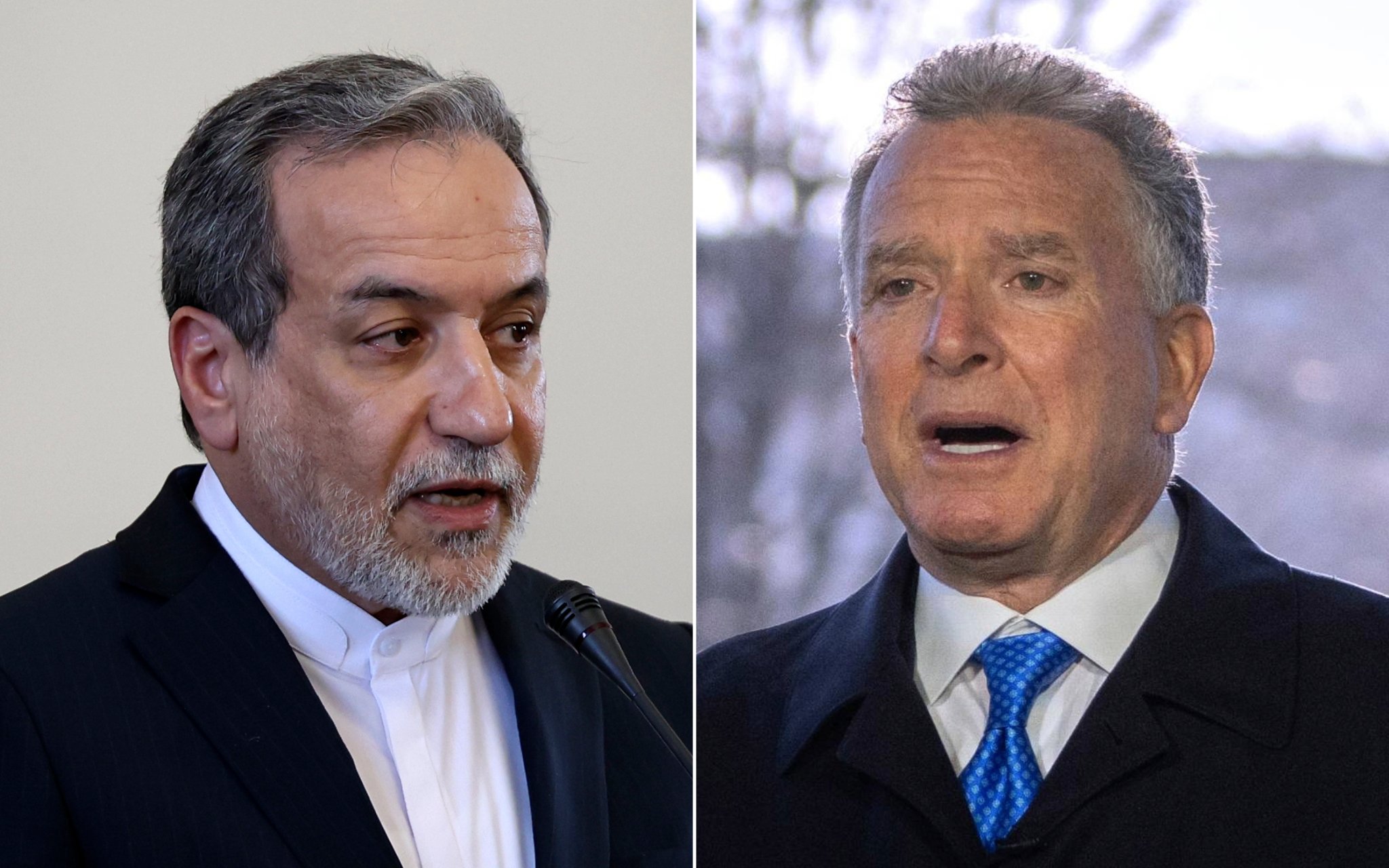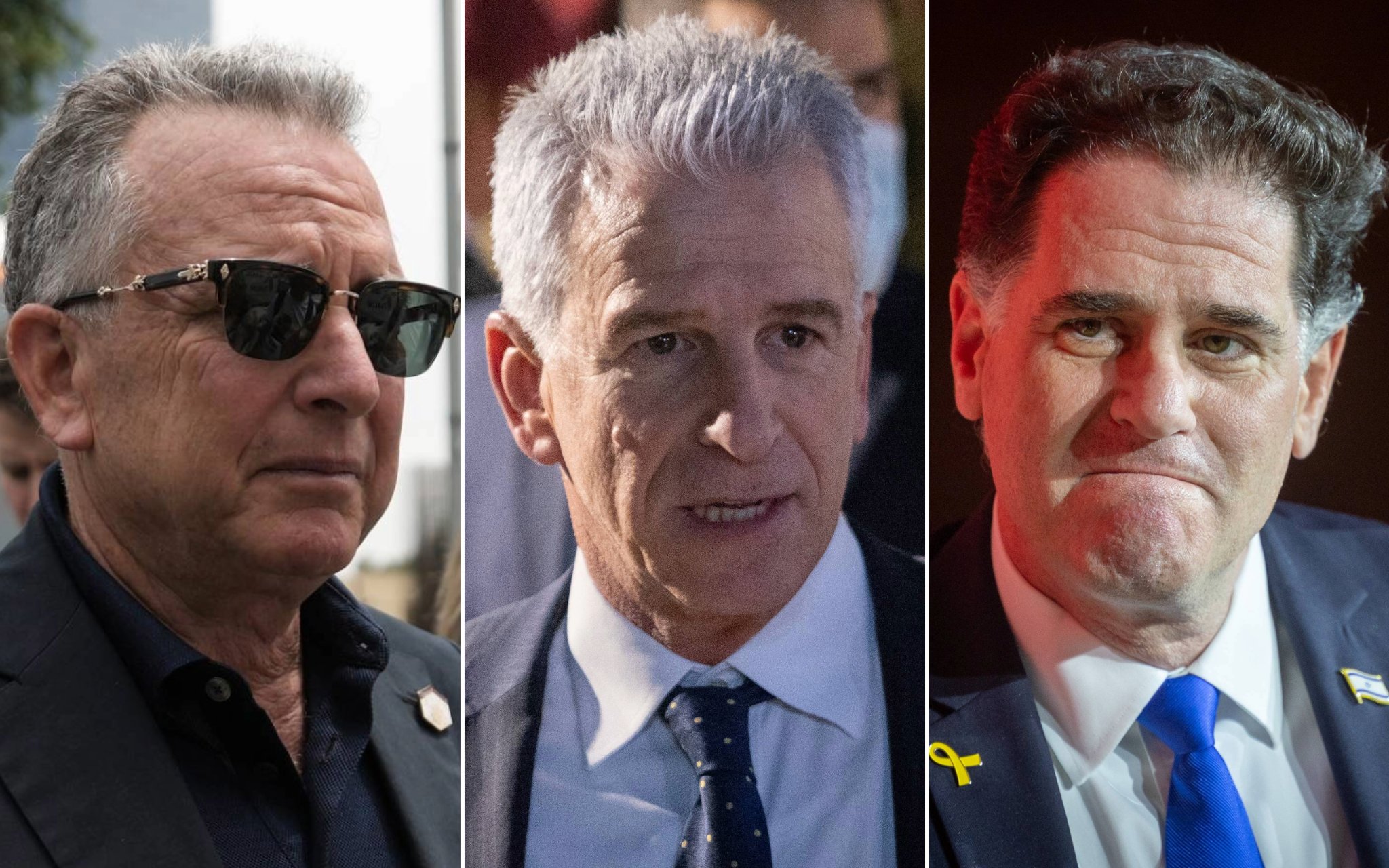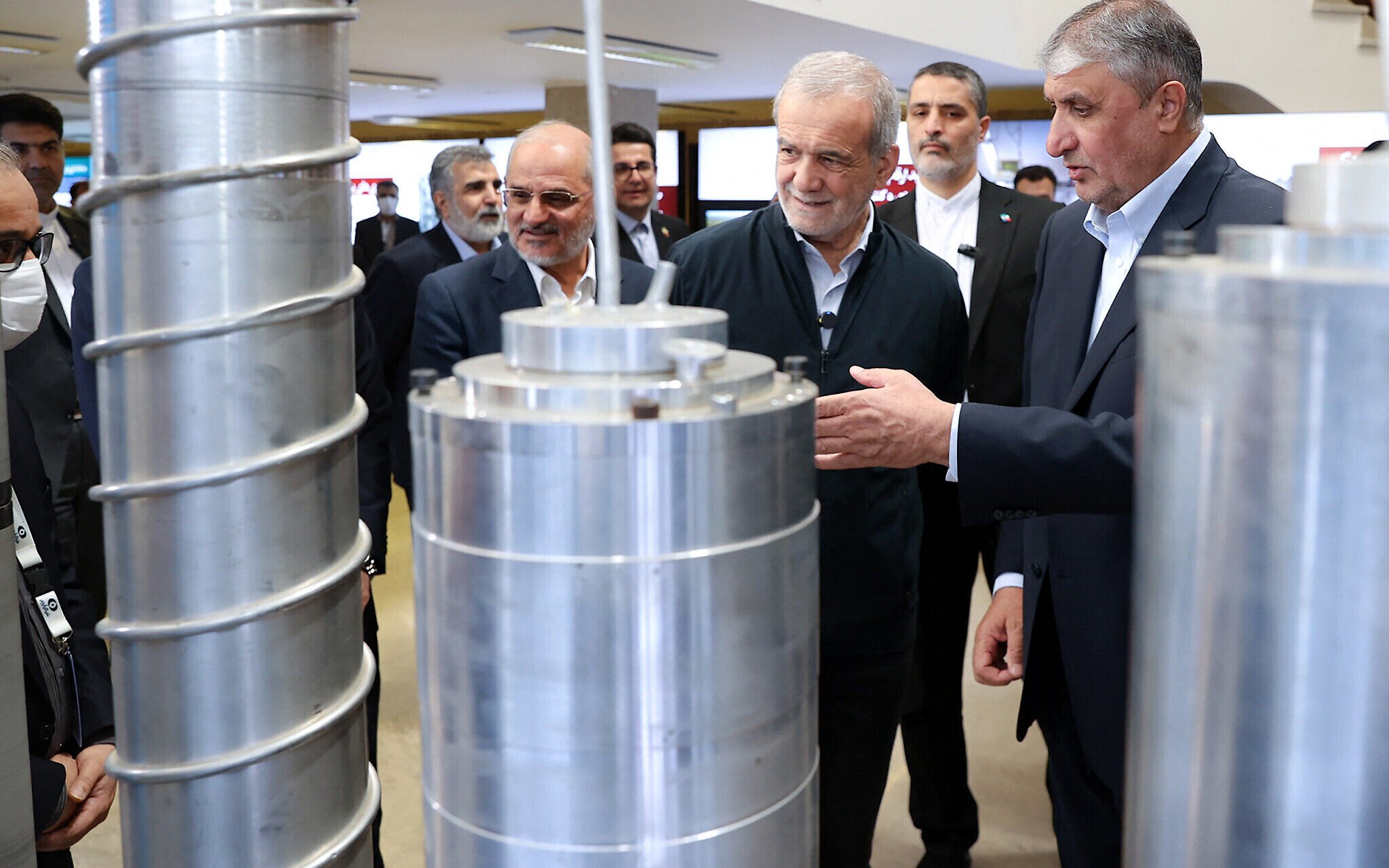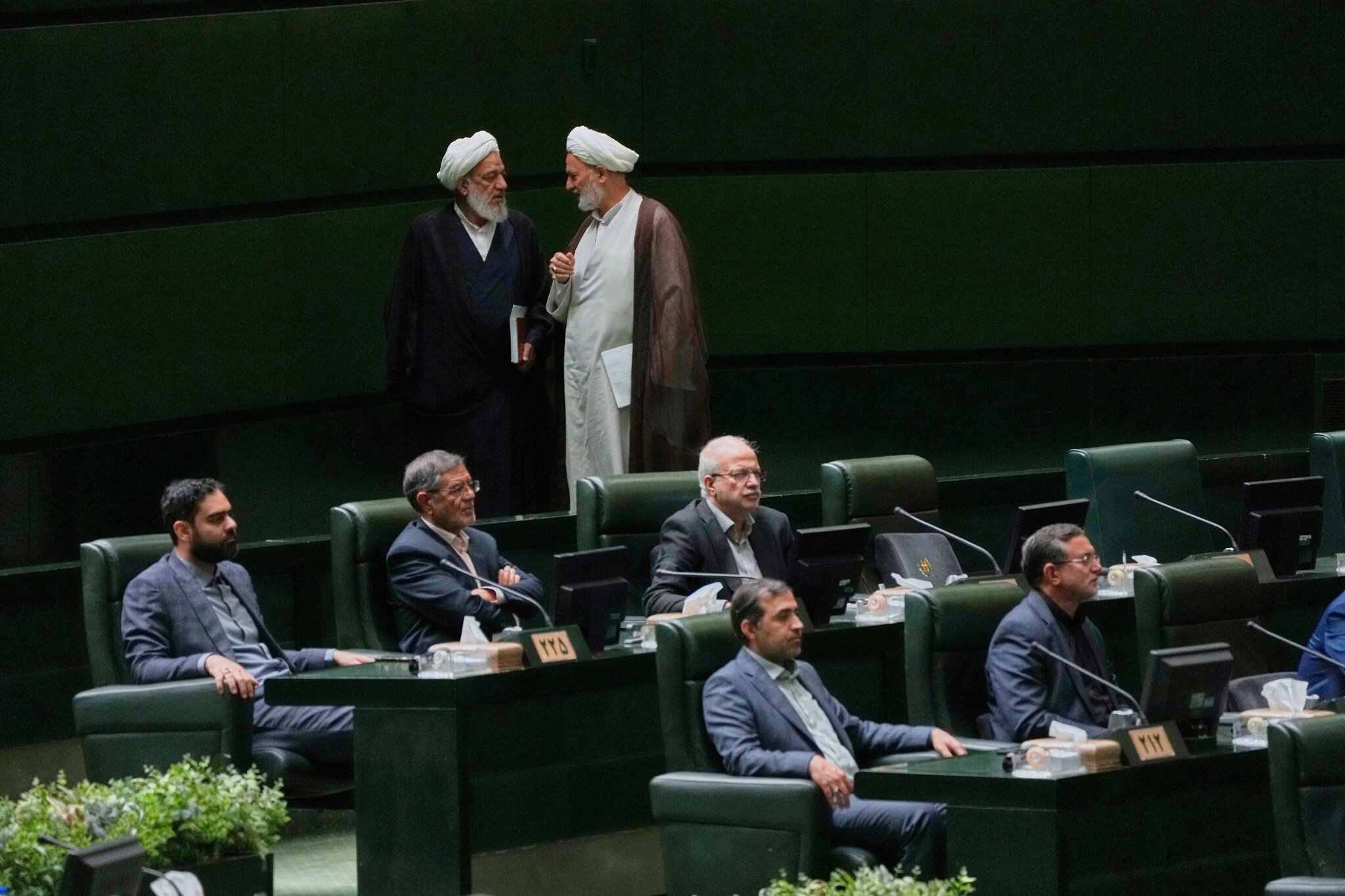



ROME — Iran and the United States prepared for a fifth round of negotiations over Tehran’s rapidly advancing nuclear program Friday in Rome, with enrichment emerging as the key issue.
US officials up to President Donald Trump insist Iran cannot continue to enrich uranium at all in any deal that could see sanctions lifted on Tehran’s struggling economy.
Iran’s Foreign Minister Abbas Araghchi early Friday insisted online that no enrichment would mean “we do NOT have a deal.”
Separately, in a letter to the UN on Thursday, Araghchi warned that Iran could hide its nuclear material, amid threats of an Israeli strike on its facilities.
During the talks, the US will again be represented by Mideast envoy Steve Witkoff and Michael Anton, the State Department’s policy planning director.
Axios reported Thursday, citing two Israeli officials, that Mossad chief David Barnea and Strategic Affairs Minister Ron Dermer would meet Witkoff in Rome on Friday on the talks’ sidelines.
While authorities haven’t offered a location for this round of talks, an earlier round in Italy’s capital took place at the Omani Embassy there.
Oman’s Foreign Minister Badr al-Busaidi is mediating the negotiations as the sultanate on the Arabian Peninsula has been a trusted interlocutor for both Tehran and Washington in the talks.
The talks seek to limit Iran’s nuclear program in exchange for the lifting of some of the crushing economic sanctions the US has imposed on the Islamic Republic, closing in on half a century of enmity.
Trump has repeatedly threatened to unleash airstrikes targeting Iran’s program if a deal isn’t reached. Iranian officials increasingly warn they could pursue a nuclear weapon with their stockpile of uranium enriched to near weapons-grade levels.
“Iran almost certainly is not producing nuclear weapons, but Iran has undertaken activities in recent years that better position it to produce them, if it chooses to do so,” a new report from the US Defense Intelligence Agency said.
“These actions reduce the time required to produce sufficient weapons-grade uranium for a first nuclear device to probably less than one week.”
However, it likely still would take Iran months to make a working bomb, experts say.
Enrichment remains the key point of contention. Witkoff at one point suggested Iran could enrich uranium at 3.67%, then later began saying all Iranian enrichment must stop. That position on the American side has hardened over time.
Asked about the negotiations, US State Department spokesperson Tammy Bruce said “we believe that we are going to succeed” in the talks and in Washington’s push for no enrichment.
“The Iranians are at that table, so they also understand what our position is, and they continue to go,” Bruce said Thursday.
One idea floated so far that might allow Iran to stop enrichment within the country but maintain a supply of uranium could be a consortium in the Mideast backed by regional countries and the US.
There also are multiple countries and the International Atomic Energy Agency offering low-enriched uranium that can be used for peaceful purposes by countries.
However, Iran’s Foreign Ministry has maintained enrichment must continue within the country’s borders and a similar fuel-swap proposal failed to gain traction in negotiations in 2010.
Meanwhile, Israel has threatened to strike Iran’s nuclear facilities on its own if it feels threatened, further complicating tensions in the Mideast already spiked by the Israel-Hamas war in the Gaza Strip.
The US and other Western countries have long accused Iran of pursuing nuclear weapons — a claim Tehran denies, insisting that its atomic program is solely for civilian purposes. But Iran, which openly seeks Israel’s destruction, has ramped up its enrichment of uranium to 60 percent purity, which has no peaceful application, and has obstructed international inspectors from checking its nuclear facilities.
Araghchi warned Thursday that Iran would take “special measures” to defend its nuclear facilities if Israel continues to threaten it, while also warning the US it would view it as being complicit in any Israeli attack.
Authorities allowed a group of Iranian students to form a human chain Thursday at its underground enrichment site at Fordo, an area with incredibly tight security built into a mountain to defend against possible airstrikes.
Yet despite the tough talk from Iran, the Islamic Republic needs a deal.
Iran’s rial currency plunged to over 1 million to a US dollar in April. The currency has improved with the talks, however, something Tehran hopes will continue as a further collapse in the rial could spark further economic unrest.
The Trump administration also has continued to levy new sanctions on Iran, including this week, which saw the US specifically target any sale of sodium perchlorate to the Islamic Republic.
Iran reportedly received that chemical in shipments from China at its Shahid Rajaei port near Bandar Abbas. A major, unexplained explosion there killed dozens of people and wounded over 1,000 in April during one round of the talks.



